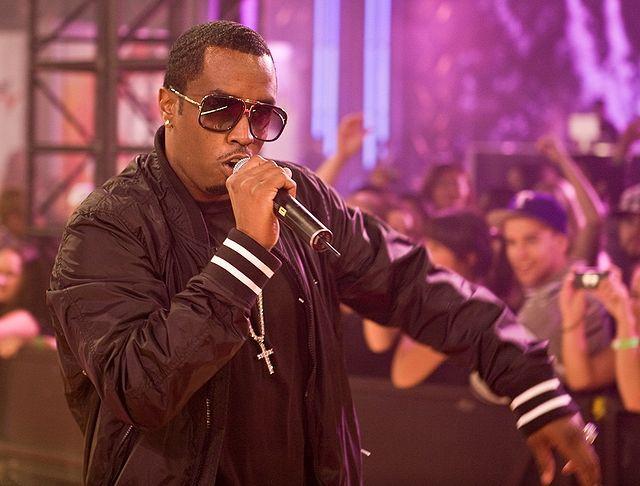Sean "Diddy" Combs' ongoing legal troubles have taken a new turn, with the music mogul's attorneys accusing federal prosecutors of improperly seizing privileged materials from his jail cell at the Metropolitan Detention Center in Brooklyn. Combs, who is facing serious charges, including racketeering, sex trafficking, and transporting individuals for prostitution, has pleaded not guilty and remains behind bars as he awaits trial scheduled for May 2025.
Attorney Marc Agnifilo, representing Combs, filed a court motion in Manhattan federal court, alleging that authorities conducted a "targeted seizure" of legally protected materials, including handwritten notes detailing Combs' defense strategy and potential witnesses. "This is a matter of grave concern that, most respectfully, must be addressed immediately," Agnifilo said, calling for an evidentiary hearing to determine the legitimacy of the raid and the use of the seized documents.
Prosecutors countered the allegations, claiming that the search of Combs' cell was part of a broader "safety and security initiative" conducted by the Bureau of Prisons (BOP). According to the government's response, the search, which occurred after Combs' September arrest, was meant to uncover potential contraband and corruption within the jail. Items such as a manila folder labeled "legal," a notebook, and personal effects were photographed but not removed, prosecutors stated. These photos were later screened by a "filter team" to ensure no privileged material was improperly shared with trial prosecutors.
However, Combs' legal team maintains that the seized notes were critical to his defense and should have been protected under attorney-client privilege. Agnifilo described the government's actions as a violation of Combs' Fourth, Fifth, and Sixth Amendment rights. "The targeted seizure of a pre-trial detainee's work product and privileged materials-created in preparation for trial-is outrageous government conduct amounting to a substantive due process violation," Agnifilo wrote.
Prosecutors also outlined alleged misconduct by Combs during his incarceration, arguing that he attempted to manipulate potential jurors and influence witness testimony through unauthorized communications. They claimed Combs used multiple inmate phone lines, a non-authorized messaging app, and even orchestrated a social media campaign around his birthday to sway public opinion. The government further alleged that Combs directed family members to post videos aimed at shaping the narrative around his trial.
Combs' defense team has repeatedly sought his release on bond, proposing a $50 million bail package that would place the hip-hop mogul under strict home confinement with 24/7 monitoring, restricted phone and internet access, and a limited list of approved visitors. Previous attempts to secure Combs' release have been denied due to concerns of potential witness tampering and obstructive behavior. Prosecutors have urged Judge Arun Subramanian to reject Combs' latest request, describing it as a rehash of previously dismissed arguments.
"The defendant continues to engage in a relentless course of obstructive conduct designed to subvert the integrity of these proceedings," prosecutors stated, emphasizing that the evidence of Combs' alleged jailhouse behavior mirrors the coercive tactics central to the charges against him.
Combs' legal team disputes the accusations, arguing that his detention has hindered his ability to prepare for trial. They have requested improved access to legal counsel and evidence, asserting that the current restrictions make trial preparation "impossible." In a recent filing, Combs' attorneys emphasized that their client poses no flight risk and is committed to complying with any court-imposed conditions for his release.
A status conference in Combs' case is scheduled for Tuesday, where Judge Subramanian is expected to address the ongoing disputes over the jail cell search and the conditions of Combs' pre-trial detention. Meanwhile, the court battles surrounding one of the music industry's most prominent figures continue to intensify, drawing significant public attention.
Neither the U.S. Attorney's Office nor representatives for Combs returned requests for comment.





